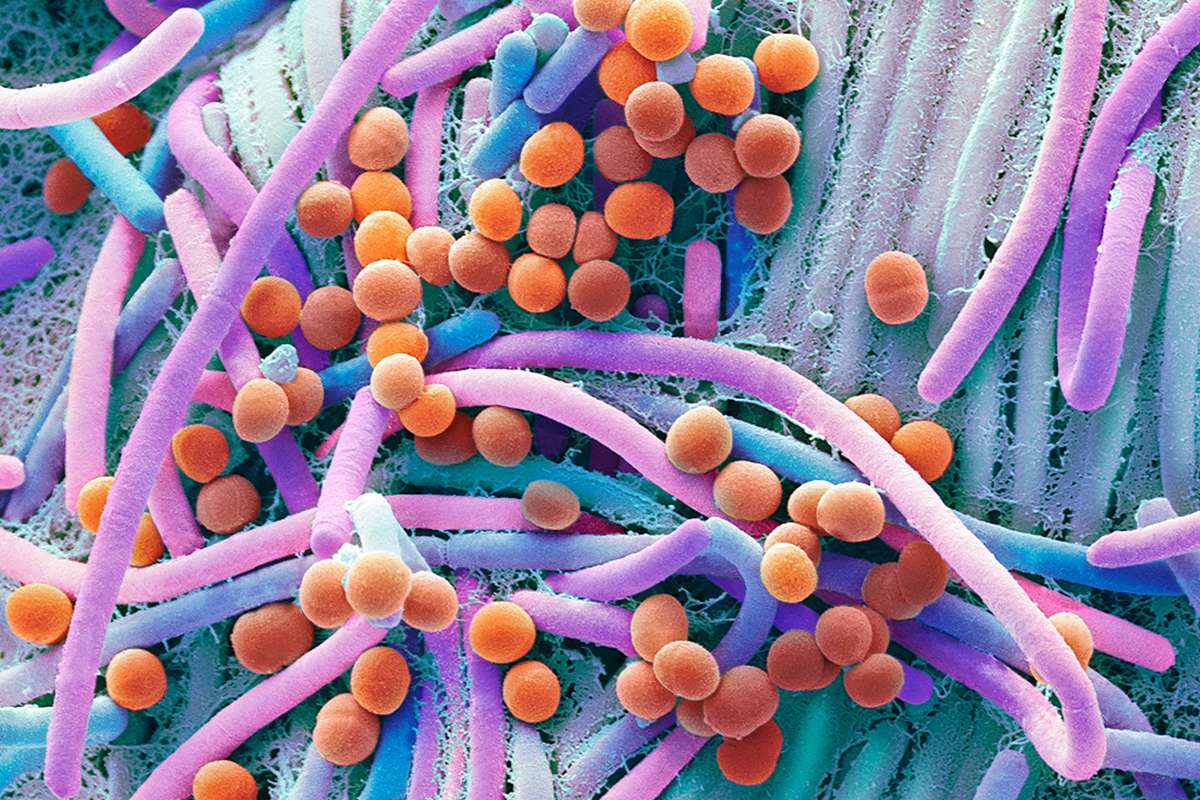Not sure about this, microbiome is known to be quite stable and to revert back to some kind of base line…even after faecal swaps… Curious what that could mean over time.
By Clare Wilson
The key to organ transplants might lie in an unexpected place – the gut. Giving mice a faecal transplant made them more tolerant of a subsequent heart transplant.
The explanation could be that bacteria in the bowel help regulate the immune system and stop it from launching an attack against the unfamiliar transplanted tissue. Finding the mechanism could lead to new medicines to stop organ rejection, says Jonathan Bromberg at the University of Maryland. “It’s a way to turn down the volume knob on the immune system.”






